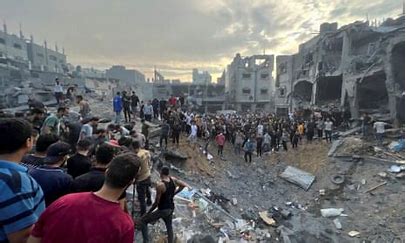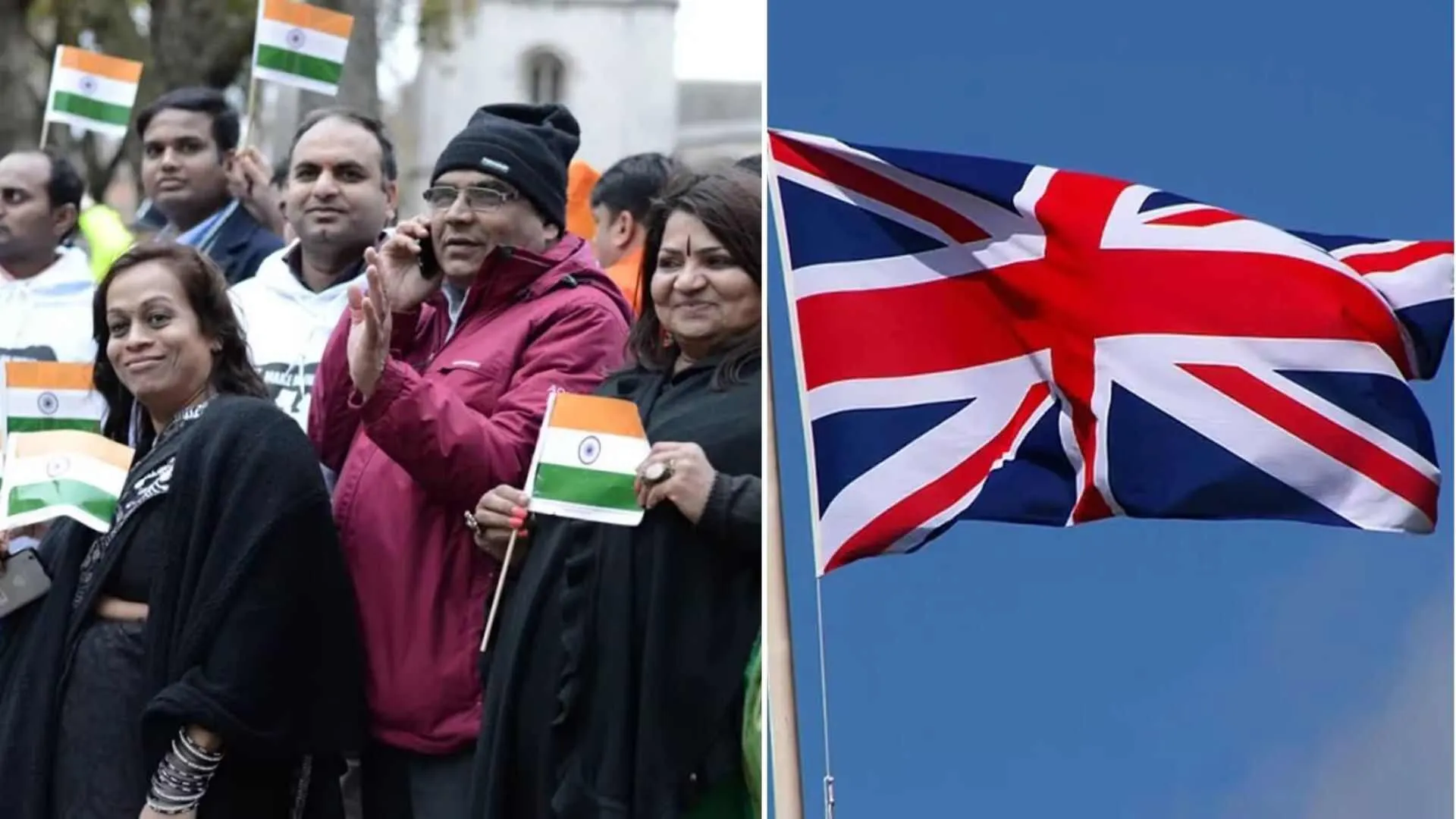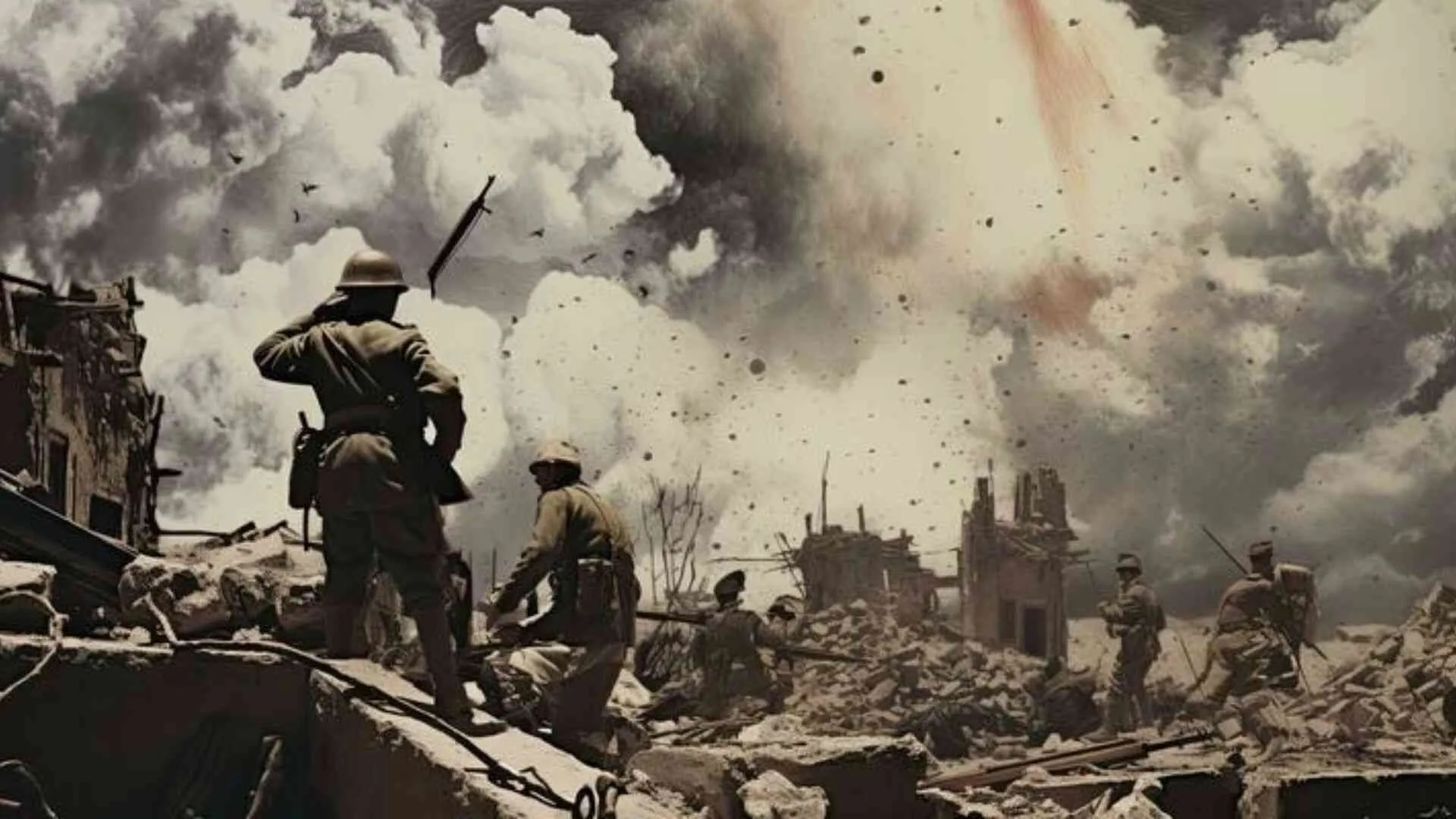An Israeli airstrike on a car in the Gaza Strip on Saturday claimed the lives of five individuals, including employees of World Central Kitchen (WCK). The humanitarian organization, renowned for providing meals in conflict zones, expressed heartbreak over the incident and confirmed pausing operations in Gaza while seeking more details.
Israel Alleges Hamas Link
The Israeli military stated that one of the deceased was allegedly involved in Hamas’ October 7 attack, which marked the start of the ongoing conflict. They urged international organizations and WCK to clarify how the individual was employed. However, WCK denied prior knowledge of any such ties, stating it is working with incomplete information.
Humanitarian Impact
This strike highlights the dangerous conditions faced by aid workers in Gaza. A WCK employee badge, burned personal belongings, and other remnants were recovered from the scene. Relatives of the victims refuted the allegations, asserting that the workers were simply fulfilling their duties.
Recurrent Challenges for WCK
This isn’t the first tragedy for the organization in Gaza. Earlier this year, a strike on a WCK aid convoy killed seven workers, prompting international condemnation. Operations were briefly suspended but resumed to address the growing humanitarian crisis in the region.
Gaza’s Humanitarian Crisis Deepens
The conflict has displaced a significant portion of Gaza’s 2.3 million residents, leading to widespread hunger and suffering. Aid agencies, including WCK, have been crucial in delivering meals and supplies, but the escalating violence has made their work increasingly perilous.
Ceasefire Developments
Meanwhile, a fragile ceasefire between Israel and Hezbollah appears to hold, despite sporadic violations. The truce, brokered by the US and France, aims to ease tensions along the Lebanon-Israel border while allowing displaced populations to return.
Global Reactions Awaited
As investigations into the strike continue, international pressure mounts to ensure the safety of aid workers in conflict zones. The incident underscores the dire need for sustainable solutions to address the ongoing humanitarian crisis.
The tragedy serves as a somber reminder of the costs of war, especially for those working tirelessly to alleviate its impact.























